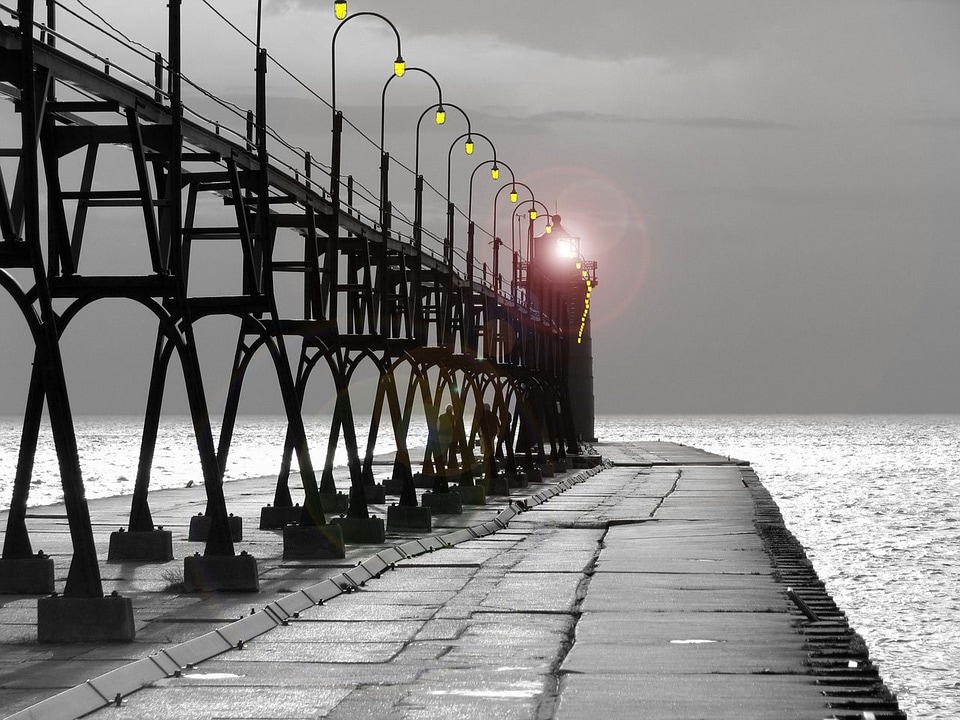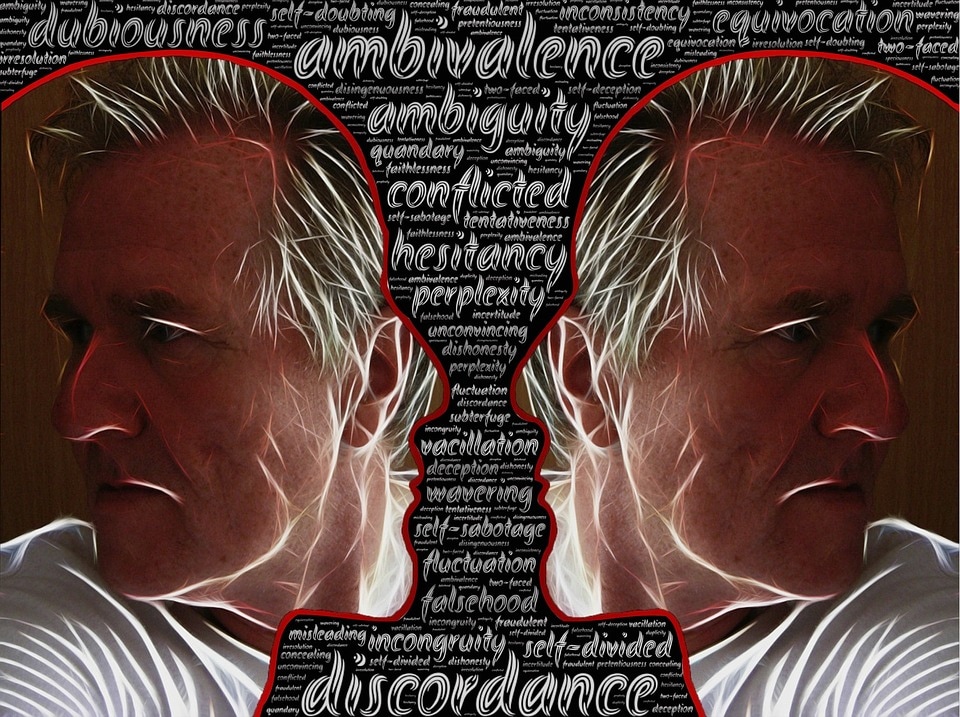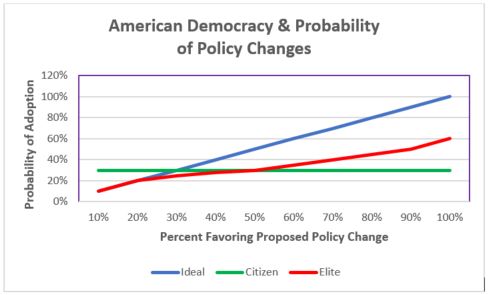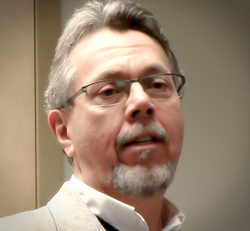Sailing - like life - depends on the community that surrounds and sustains you. Sometimes, it is important to test ourselves to better understand our strengths and limitations; our values and our commitments. I went through a rigorous test this weekend as I participated in the Queen’s Cup sailboat race from Milwaukee to South Haven Michigan. I sailed with five other friends on a comfortable and sturdy 41 foot, homemade steel sailboat named Grey Matter. The sail to Michigan was pleasant. The sail back was a brutal 20-hour slog through high wind and six-foot waves.
We left at 2:30 on Friday afternoon and sailed all night, arriving at South Haven by 4:30 am Saturday morning. The evening sail was pleasant. We had the wind behind us and the waves kept building so our boat would “surf” down the backside of them with ease. On every other lake crossing, the nights have been bitter cold. This one was different. It was cool but not cold. While all of us had on our foul weather gear and wore winter stocking caps and gloves, we were comfortable. The night sky was spectacular and full of stars. We could even see part of the Milky Way cluster. The sail to South Haven was uneventful except for near the finish when two boats boxed us in and made our sailing a bit of a challenge. On Saturday, we tried to sleep and prepare for what we knew would be a hard sail back. The wind was predicted to remain steady at 15-25 miles per hour, which meant that the waves would continue to build. Unfortunately, the wind and waves were coming from exactly the direction that we had to sail home to Milwaukee. We tallied up the years of sailing experience between all the crew and realized that we had a combined knowledge of more than 150 years of sailing on board. We figured we had a sturdy boat and plenty of experience to handle whatever may come our way. On a typical return after the Queen’s Cup race, most boats will raise sail and turn on the motor to increase the speed and reduce the sailing time considerably. We knew this would not be an option for us this year. Motoring into these 4-6 foot waves would be bone jarring on us, hard on the boat and would not reduce our sailing hours since each time the boat smashed into a wave it would lose considerable boat speed. We knew we had to sail and since the wind and waves were coming from the direction in which we needed to go, we would have to head off 45 degrees from the wind, increasing our return sail time. Sailing was a challenge. The wind was consistently above 20 MPH and would gust considerably higher. The 4-6 foot waves were often “confused” meaning that they would sometimes come from unexpected directions. And, no matter how carefully the boat was steered, we would unavoidably come to a wave we couldn’t duck and the boat would lift over the wave and crash down into the trough creating a sheet of water washing into the boat and showering everyone. After sailing in these conditions for about six hours, the wind and waves began to settle down and shift in a more favorable direction. Finally, we could set course more directly to home. While sailing, it is important to monitor the emergency radio channel 16. Early in the morning on channel 16, we heard distressing news. The US Coast Guard was putting out an alert for all Lake Michigan boaters to watch for a boat that had participated in the Queen’s Cup race but had not returned Saturday night, as expected. The boat was a trimaran and was named “Tri and Catch Me”. This is a boat we all knew. The skipper and crew were friends. Everyone began to scan the horizon for signs of a mast – or worse – of floating debris. Every 15 minutes or so, the Coast Guard would make the same alert about the missing boat. All conversation stopped as we each contemplated what might have happened and how dangerous sailing can be. Fortunately, after about two hours of alerts, the Coast Guard announced that the boat had been found and all were safe. The mood on our boat lifted, conversation resumed and we broke out the snacks, which felt like a celebration. When we were 25 miles from Milwaukee another weather front announced itself with a 30 mile per hour gust of wind. The waves again picked up and we were nearly back to the sailing conditions in which we started the day. The only difference being that it was night, we had already been sailing for 15 tough hours and were sleep deprived. One of the things I love about sailing is that you are forced to deal with the situation in front of you. There is often no safe harbor, no place to rest and reset. A sailor learns that he or she must push on, solve the problem at hand and survive. And that we did. We finally pulled into the dock at 2:15 am on Monday morning. A tired and thankful crew. We placed 5th in our division in the Queen’s Cup race, high enough to win a trophy flag for the boat. But this race isn’t really about the flag. It’s about deepening our skills and our sailing experience. It is about the friendships you build when you know that your safety – if not your life – depends on the crew person next to you. It’s about knowing that your boat and the people on it are the only things you can rely on. Sailing - like life - depends on the community that surrounds and sustains you.
0 Comments
We Americans are ready to help a person in need once we hear their story, but we will fight vociferously against raising taxes to accomplish the same good Americans possess both a generous heart and a stingy spirit. A popular crowdfunding source recently reported that donors gave over $930 Million to individuals who resort to these sites as their last hope of raising funds for life-threatening medical procedures. In fact, if you go to the popular crowdfunding site GoFundMe, you will see their lead ad touting the site as a great place to “raise money for medical bills.”
I must admit I am conflicted over all of this. On one hand, I see this outpouring of generosity as truly something to celebrate: nearly a billion dollars donated by regular folks like you and me to support the medical needs of others. This demonstrates that when people hear of the specific story of someone in pain, they will respond rapidly and generously. On the other hand, I find it disturbing that so many must resort to publicly beg for funds in order to cover the costs of their medical care. This has become so prevalent that one of the crowdfunding executives described his site as a “digital safety-net”. What I find ironic about this is that we Americans are ready to help a person in need once we hear their story, but we will fight vociferously against raising taxes to accomplish the same good. There are many who support cuts in Medicaid – the government funded health care for those who are poor or who have a disability – yet will think nothing of donating money to help an impoverished child obtain a critical operation. Some argue that too many people abuse public services and tax dollars are wasted on those who don’t deserve to be helped. I suspect this is the heart of the matter: who is deserving of our money and our assistance and who is not. What is it in the human heart that can be so generous and yet so cold? I get it, that people choose where they spend their philanthropic dollars, but may feel forced to pay taxes and often for services they don’t use or don’t support. I don’t support the idea that over $600 billion in federal taxes is spent on the military. But I pay my taxes anyway and work to convince my elected officials that the dollars spent on war and war preparation can be better spent and with a higher social return for such things as early childhood education and healthcare for all. If you want the freedom to choose, then you have it. Choose those elected officials who will support your point of view or work to remove them. That is a very real choice. Maybe it’s all in the marketing. Someone should start a marketing campaign to convince the public that paying taxes is nothing more than giving money to a crowdfunding site. Paying taxes is simply a group of citizens pooling funds to provide education, healthcare, housing, food, disaster relief to our fellow citizens in need. Think of our local, state and national government as merely an old-school version of a crowdsourcing site raising funds to ensure that the basic necessities of life are provided for everyone. If our budget is our truest mission statement, then how we spend our money says more about our values than any other measure I can think of. If we were more generous with our tax dollars, perhaps the next time a child requires an expensive medical procedure, the family won’t have to beg for funds to save her life. Our crowdfunded taxes will have already provided for that. God leads us to our larger calling by walking with us as we listen and take small and often uncertain steps I used to fret and pray on this question quite a bit: How does one know what we are called to do on this earth? For a time, I was paralyzed by the quandary that I didn’t know what it was God wanted from me. But other times, I would become frightened over the very idea that I could believe God had any plan for me at all; certain that my ego was in full take control mode and had run amok. Now, not so much.
Through daily prayer, meditation and journaling, I have slowly come to the realization that God does indeed call each of us, but our clarity on that calling is only known in retrospect. To understand our sense of calling we need to be prayerful and discerning. But most importantly, we must have the courage to act on what it is we feel called to do. If you are looking for a formula that works – or at least works for me - it is this: Pray. Discern. Act. We may hear God faintly and ignore the nudge, believing it is our own ego needs being voiced. The Quakers have a simple and practical response to the question of whether it is God leading us or are we hearing just one of thousands of our own daily thoughts. Quakers start with the belief that God dwells within each person and guides us in big ways and in small. Quakers acknowledge that understanding God’s voice within is a challenge and one that can rarely be discerned with certainty in the moment. But it is here – in the moment of uncertainty - that the Quaker practicality takes over. If a Quaker believes he or she might, possibly, maybe be called by God, then the best thing to do is to act on the sense of calling. Act on it and don’t fret about the consequences. Act on it and see if the “way opens or closes”. If the way opens, then keep moving. If the way closes, then sit back and listen more deeply. It is only by acting on our sense of call that we ultimately understand its origin; whether it is God sent or ego driven. I’ll share another insight with you. I stopped looking for the grandiose call from God; the one that I hoped would set my life on a straight and chosen path. Was I supposed to be an advocate on behalf of the poor? Was I meant to be an organizer and teach others how organizing brings power and only power brings change? Was my path to be one of spiritual guidance? Or was it none of the above and I was asked only to be a good father and good husband in my family and not worry about the rest? I have now come to believe that God leads us to our larger calling by walking with us as we listen and take small and often uncertain steps. My eleven-month-old granddaughter has decided that it is more important for her to learn to talk than to walk. She can crawl in turbo mode to get where she wants to go and she can climb onto the couch, the window sill and any other place that will send her father and mother into a panic, but her concentration seems to be in learning to communicate. She knows one word which is “more” indicating that she is hungry and wants more to eat. But she thinks she can talk like a drivetime DJ with too much coffee as she jabbers away. She is the first child, so her parents believe she is the brightest and cutest child on earth and they encourage her to continue “talking”. They will laugh with her, talk back to her, let her know that what she is saying in her gibberish is just the most charming and insightful comment an eleven-month old could possibly make. By the actions and reaction of her parents, our granddaughter Ava is learning to be confident and bold in her mission to talk. I believe God guides us in the same way. We are led, one step at a time. We are loved, encouraged and guided. And, we must follow our own desire, expecting that it is in sync with the desire God has for each of us. I no longer wonder if I am being called by God. I know I am guided by God each day. My faith is not evidenced in hearing the call of God, but by my action to the call. A popular quote erroneously attributed to St. Francis of Assisi reflects well this approach to the call of God: “Preach the gospel at all times. And when necessary, use words.” “economic elites and organized groups representing business interests have substantial independent impacts on U.S. government policy, while average citizens and mass-based interest groups have little or no independent influence.” You and I don’t matter when it comes to public policy in America today according to a 2014 Princeton study which analyzed nearly 1,800 policy issues. Here is an important quote from the study:
“economic elites and organized groups representing business interests have substantial independent impacts on U.S. government policy, while average citizens and mass-based interest groups have little or no independent influence.” Ouch. These finding are hard for me to swallow as I have spent much of my life organizing and empowering people to address public policy issues that directly affect them. The above graph shows how this plays out in American politics today, according to the Princeton study. The bottom of the graph scale is the percent of people who want to see a particular policy change. The vertical axis represents the probability of that policy change becoming law. The blue line is the ideal. In theory, if 80% of the people want to see a policy change, there would be an 80% chance that the change will be enacted. The red line represents the wealthy elite and business groups. While not perfect, the red line approximates the ideal, especially when compared with what occurs with the green line, when average people like you and me want to see change. The green line is the most troubling. What the Princeton researchers found is that no matter how many average citizens support a policy, it will only realize about a 30% chance of legislative success. It may sound unbelievable that a policy supported by 80% of the American public wouldn’t be easily passed by the legislature, but let’s put those probabilities to the test of reality. Consider:
After looking at the above data, consider this: Most Americans stand behind Obamacare, believe that health care should be provided by the government, and think that corporations and the wealthy aren’t carrying their fair share of the tax burden. Yet, the Republicans passed a health care bill supported by only 17% of the population and cut Medicaid for the poor in order to provide tax cuts for the wealthy. What we have witnessed in the current health care debate is proof positive that the Princeton study is on to something: the wealthy elites and businesses run the policy agenda of our country. That people are dissatisfied with their government should come as no surprise, as nearly three-quarters of Americans voiced their disapproval of congress in recent opinion polls. My guess is that people have felt disenfranchised from their government for a while and the support across the nation for Donald Trump and Bernie Sanders in the last election are a symptom of that sense of alienation. Thankfully, from this alienation has come a new wave of grassroots activism. People from all sides of the political spectrum are now getting involved or re-involved in the political process. Will this new vigor of political involvement be enough to counter the influence and money of business and the wealthy elite cited in the Princeton study? I don’t know, but I believe it has the best chance of success. There are a few steps we can take to spur on this chance of success: 1. Organize at the local level. Local politicians are more attuned to the wants and demands of their constituency. It is at the local level that new organizers can sharpen their skills and build some momentum with policy wins. 2. Run for local office. These new activists should look at running for alderman, school board, county and state legislatures. While we may not be sure who coined the phrase “all politics is local” it is a truism worth supporting. 3. Pay attention to the redistricting issues in your state. After the 2010 election, many elected politicians used the decennial power to redraw voting district lines to – in effect – choose their own constituents. This resulted in the absurd fact that on a state-wide basis, the party out of power can garner more popular votes, but still be shut out of gaining seats in the state legislature. We should spend the time between now and the 2020 census building up the political will to put control of drawing voting district lines in the hands of an independent, non-partisan body and take it out of the hands of elected officials. 4. Work to get money out of politics. Average citizens will never be able to raise the vast sums of money needed to combat the financial and political influence of the wealthy and business lobbyists. The best hope is to limit the amount of money any politician can spend on an election. A 19th century French philosopher noted that “every nation gets the government it deserves. I think that the new political activism we are witnessing is the result of a large mass of citizens waking up to the reality that the government we have is not the government we want. We don’t want the wealthy, the elites, and businesses to dictate our government terms to us. We want a government that actually represents the will of the people. The Princeton study says that we don’t matter. We didn’t matter when we weren’t involved. Let’s see how much we can matter when we are actively engaged. |
AuthorMichael Soika has been a community activist for more than 30 years working on issues of social and economic justice. His work for justice is anchored by his spiritual formation first as a Catholic and now as a Quaker. Archives
June 2018
Categories |





 RSS Feed
RSS Feed